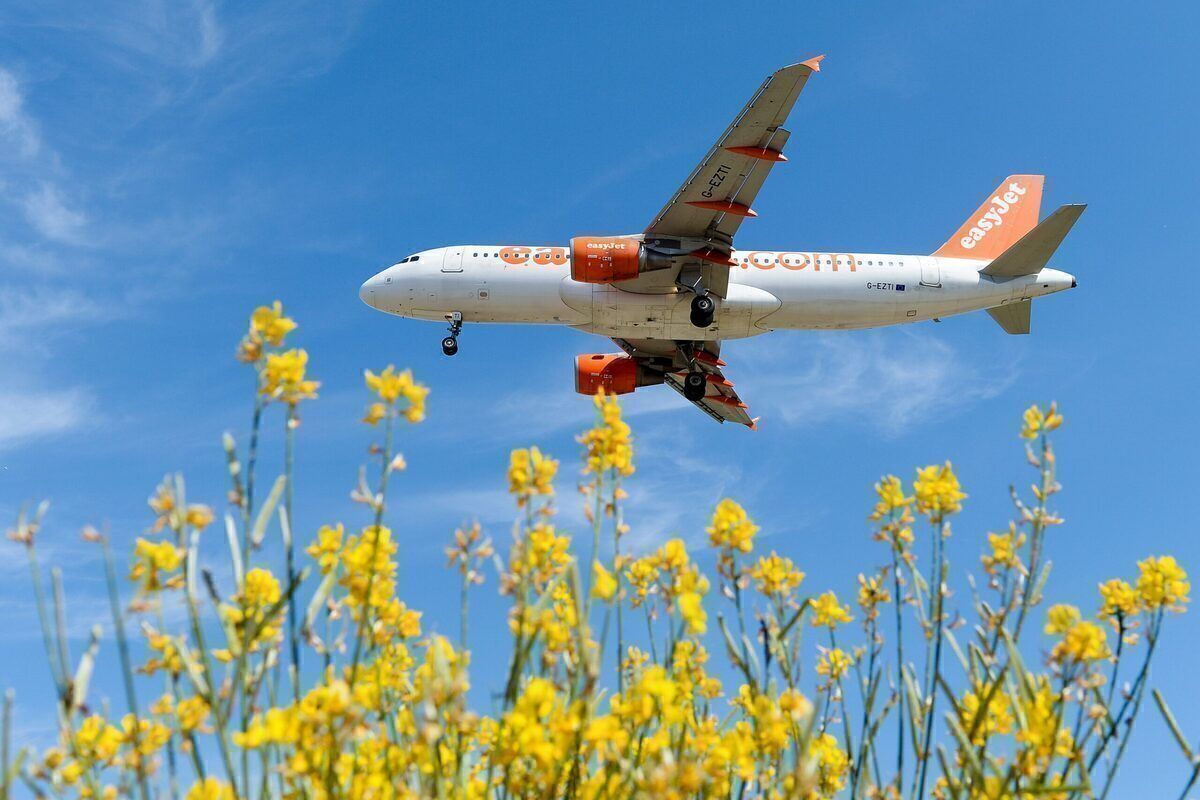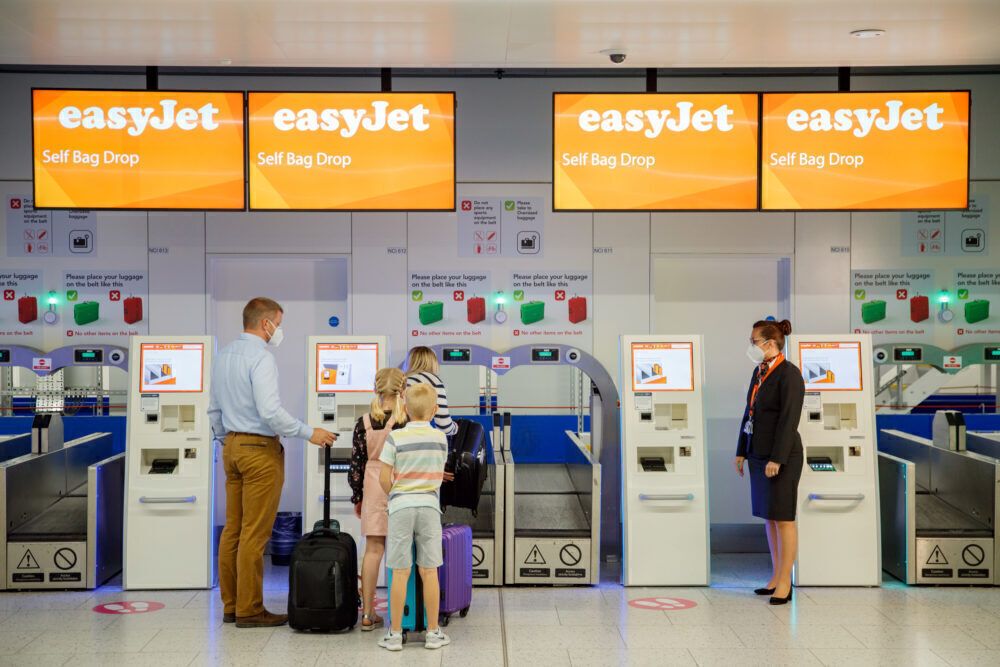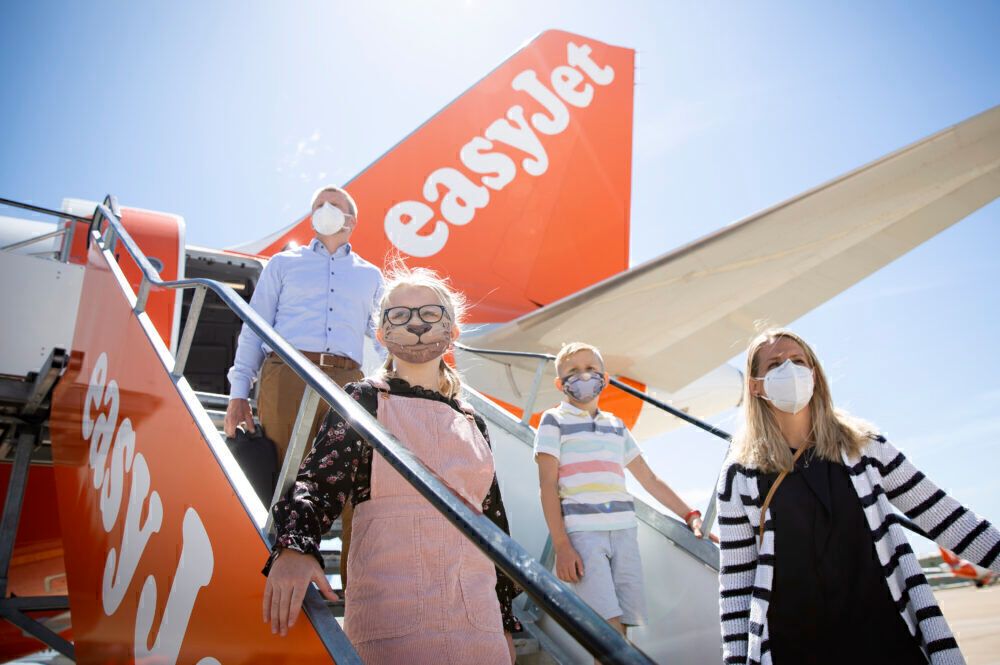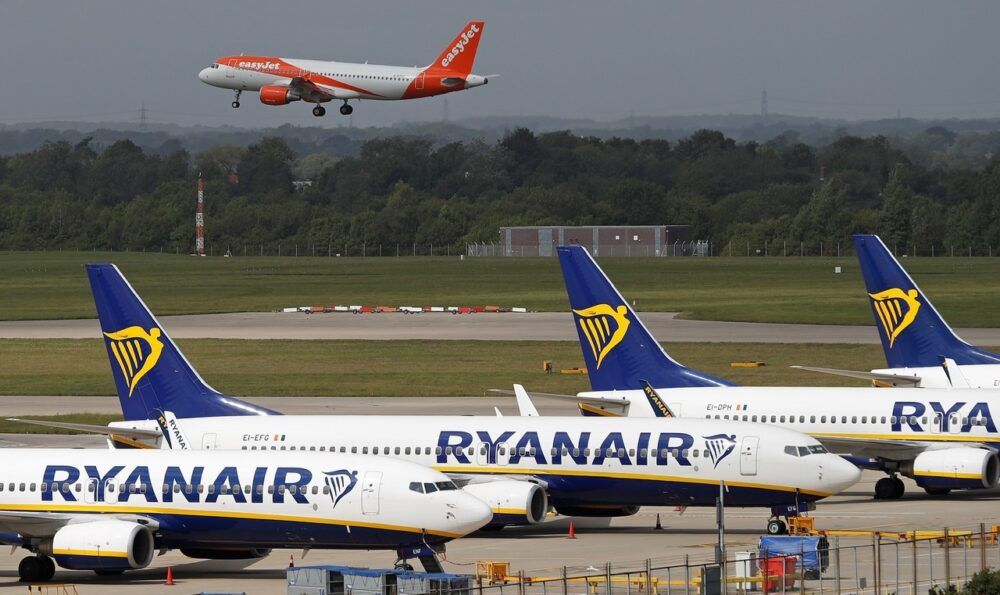While COVID was an unwelcome arrival, its effect on the aviation industry has allowed many companies to take pause and refresh the way they do things. For easyJet, it highlighted the need for an acceleration of its digital transformation, which its CEO believes will see it coming out of the crisis as a better and stronger airline.
A better easyJet
With airlines across Europe taking on new debt and struggling to manage capacity even now, many are wondering what hope there is for strong competitors to come out of COVID. For low-cost easyJet, it’s been a tough 18 months, but its CEO, Johan Lundgren, is convinced his airline will emerge better than ever. Speaking to Simple Flying, he said,
“In many ways, easyJet is coming out of this pandemic operationally a stronger and better airline. We have been investing to make the journey even more digitalized and to empower the customer to be in charge more of their reservation and the booking experience.”
One of the investments made by easyJet was to turn the process of requesting a refund over to the customers themselves. When COVID hit and flights were canceled, easyJet’s requests for refunds went from around 20 – 30 per month to hundreds of thousands. The CEO admits that the airline was not prepared for that.
With no option to self-serve, customers were left trying to get through to call centers in India or South Africa, which, themselves, were feeling the effects of COVID. Many had shut down, leaving passengers frustrated that they weren’t able to get their money back fast enough. But easyJet learned from this experience, and has put in place the tools it needs to make sure it is prepared should anything like this happen again. Lundgren said,
“The organization worked tremendously hard to try to mitigate as much as we could, and since then we have digitized much of that experience and make sure that people can self-serve to higher degree.”
Over the course of 2020, easyJet paid out huge sums in refunds, more than a billion pounds worth in total. And with new self-service functionality in place, passengers will find it even easier to be in control of their travel experience going forward.
Stay informed: Sign up for our daily and weekly aviation news digests.
The competitive landscape
While some carriers pulled services back in the wake of COVID and others threw capacity at every perceived gap in the market, easyJet’s approach sat somewhere in the middle. It only flew where it saw demand, and even now is sticking to flying just those services which will make a positive contribution to its bottom line.
Some of the airline’s competitors have questioned this strategy, with some even going so far as to say easyJet will struggle to stay a low-cost airline in the future. But Lungren believes this is nonsense, explaining,
“We have improved our cost position against the legacy carriers even more. We pay our people properly through union agreements on local terms; it's not everybody who does that, and that means there's a cost attached to that. But as far as I can tell, nobody has taken more actions to transform their cost base, and I'm ready to put that up against any nonsense challenge from people throwing out capacity that just increases their loss.”
Lundgren’s hopes for the future are high. easyJet’s relatively new Holidays business is a key string to its bow. It is building out a wide range of competitively priced holiday packages, leveraging the low cost-base of the airline to the benefit of vacationers. The CEO is excited to see where this path leads, and has a positive outlook for the coming years. He said,
“There are so many things to be excited about in these difficult times. We can see the light at the end of the tunnel, and it’s coming closer and closer.”
With each week that passes, it gets a little easier to travel to, from and within Europe. The message from easyJet is clear: where there is demand, it will fly. Having achieved £500 million of cost savings through the pandemic, with around half of those savings sustainable long term, the airline is in a strong position to continue disrupting the European aviation marketplace.




